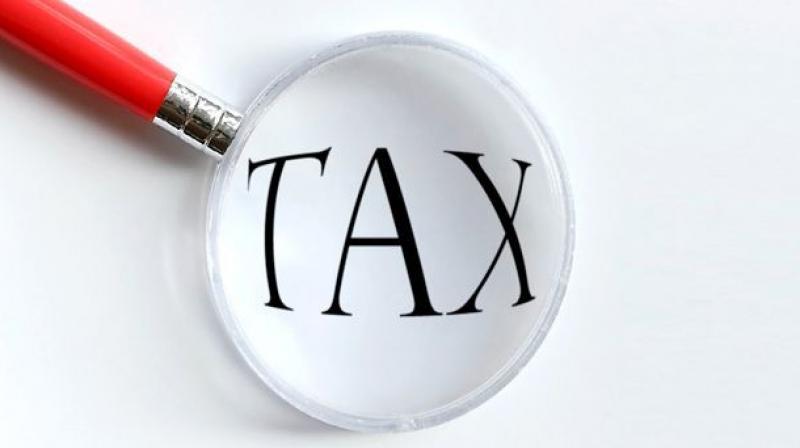Chasing tax evasions building new or rebuilding the old?

The Benami Transaction Prohibition (Amendment) Act 2016 came into effect on August 10, 2016, which is an amended version of the Prohibition of Benami Transactions Act 1988. The original Act, was enacted by the Rajiv Gandhi regime, which at that time, was rocked by Bofors scandal and internal revolt of V.P. Singh. It was, however, not put into effect for a long 28 years. In the political climate since the 1990s, the issue of tax evasion had lost its pride of place in the domain of economic matters. It was widely propagated that once the ‘licence permit quota raj’ was dismantled and discretionary powers of bureaucrats were substantially taken away, the level of corruption would come down.
Benami properties were nothing but a consequence of the corruption, mainly of the ‘politician-bureaucrat- contract’ nexus. So when the new winds of economic liberalization were supposed to blow to smithereens vestiges of the old era, benami properties would become irrelevant to be tackled through stringent laws. The period that followed, however, belied these expectations, which were believed to be true initially by a large number. Scams of mega proportions rocked the nation. Stories of sellout of public properties became common. The growing discontent with the ‘tide that could raise only a few’, leaving aside a large proportion of society, snowballed into street protests by 2011-12. Corruption, tax evasion and similar sins came to the focus again.
The Lok Sabha elections of 2014 were fought on the issue of mega corruption scandals and on the promise of better governance. It was stated during the campaign (though as a part of high decibel rhetoric) that illegal wealth stashed away abroad would be brought back and Rs 15 lakh would accrue to the bank account of every citizen. Expectations, which ran high, soon gave away to despair and the need to act or seemingly act in this realm became a compulsion. Serial amnesty schemes during 2015 and 2016, and demonetization were part of this strategy. The resurrected form of the dormant Benami Prohibition Act is also part of this exercise. Given this general political background, let us briefly see what this amended act proposes.
It has sweeping powers like confiscation of properties held as benami or in other words, acquired out of tax evaded or illegal incomes and held in the name of others for the benefit of the person funding the acquisition of the property. Section 5 of the Act empowers the Government to confiscate such properties. This is marked different from the IT Act by which a person could escape tax proceedings by paying statutory tax. Even penalty could be waived, if such person could approach Income Tax Settlement Commission, upon satisfying certain conditions. Benami Prohibition Act plugs such escape routes.
Once the fact of benami transaction is prima facie established, the property can be provisionally attached by officials and then a statutory adjudicating authority decides the issue. The order of the latter is appealable before an Appellate Tribunal and the High Court. Besides confiscation, there is provision for prosecution and levy of fine extending to 25 percent of the value of the property. The imprisonment, if convicted of such offence, can vary from one to seven years. The Act also provides for establishment of Special Courts.
One loophole that can be exploited is the power given to Central Government under Section 58(1) of the Act to exempt any property relating to charitable or religious trusts from its operations. The letter of the law is stringent and the spirit is in accordance with public emotions that came to the fore in the beginning of this decade. But the country has never been short of any statute in any area, yet tax evasion thrived and by different estimates, it is still substantial, around a quarter of the official Gross Value Added. Intelligence of the tax evader can easily outsmart any law, as has been proved over time. The systemic corruption has aided these efforts. Benami prohibition is the attack on a consequence of tax evasion. More important are steps to curb the cause itself. If the latter is not focused, this also can end up as “One step forward, two steps backward”. Let us hope not.

